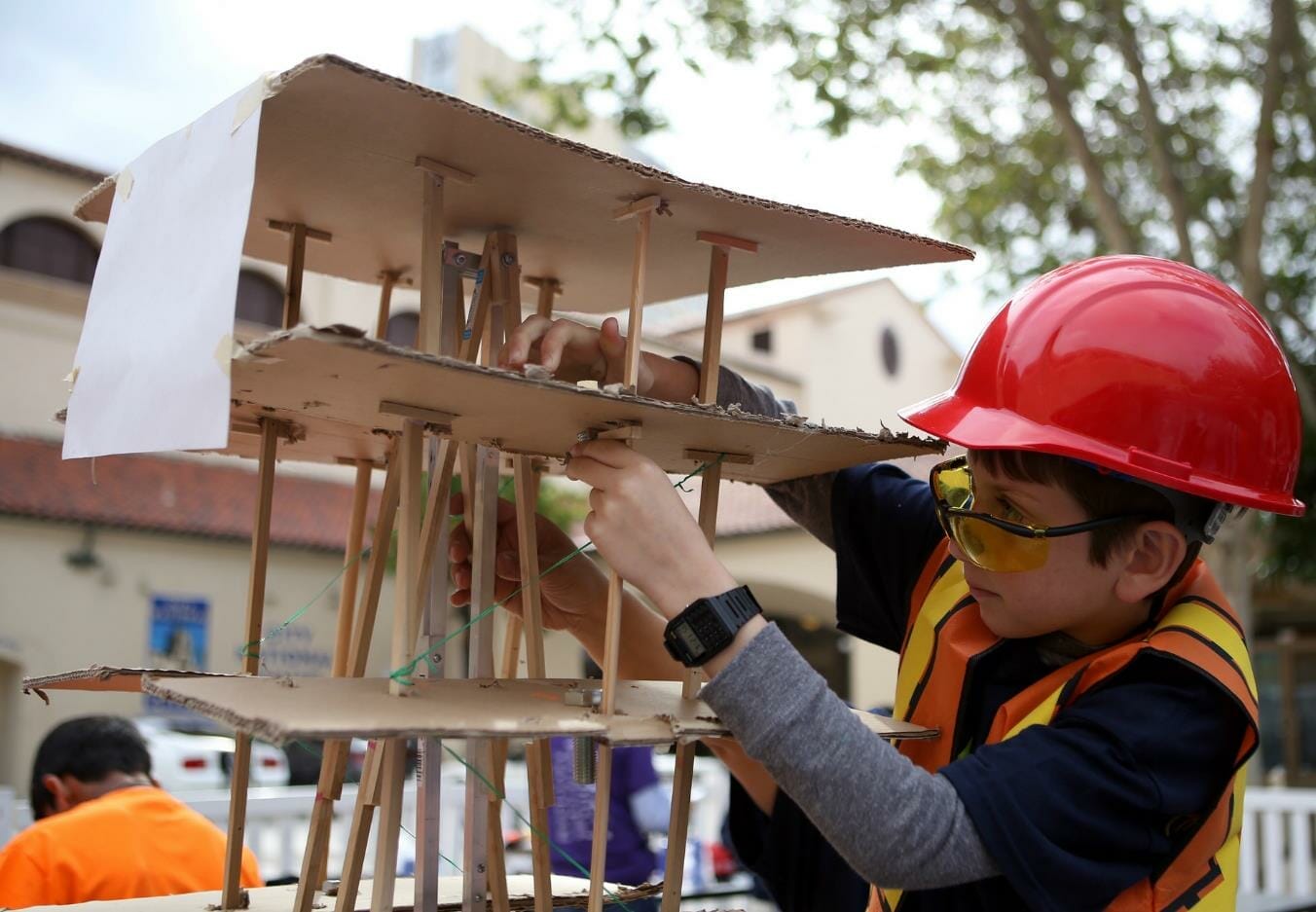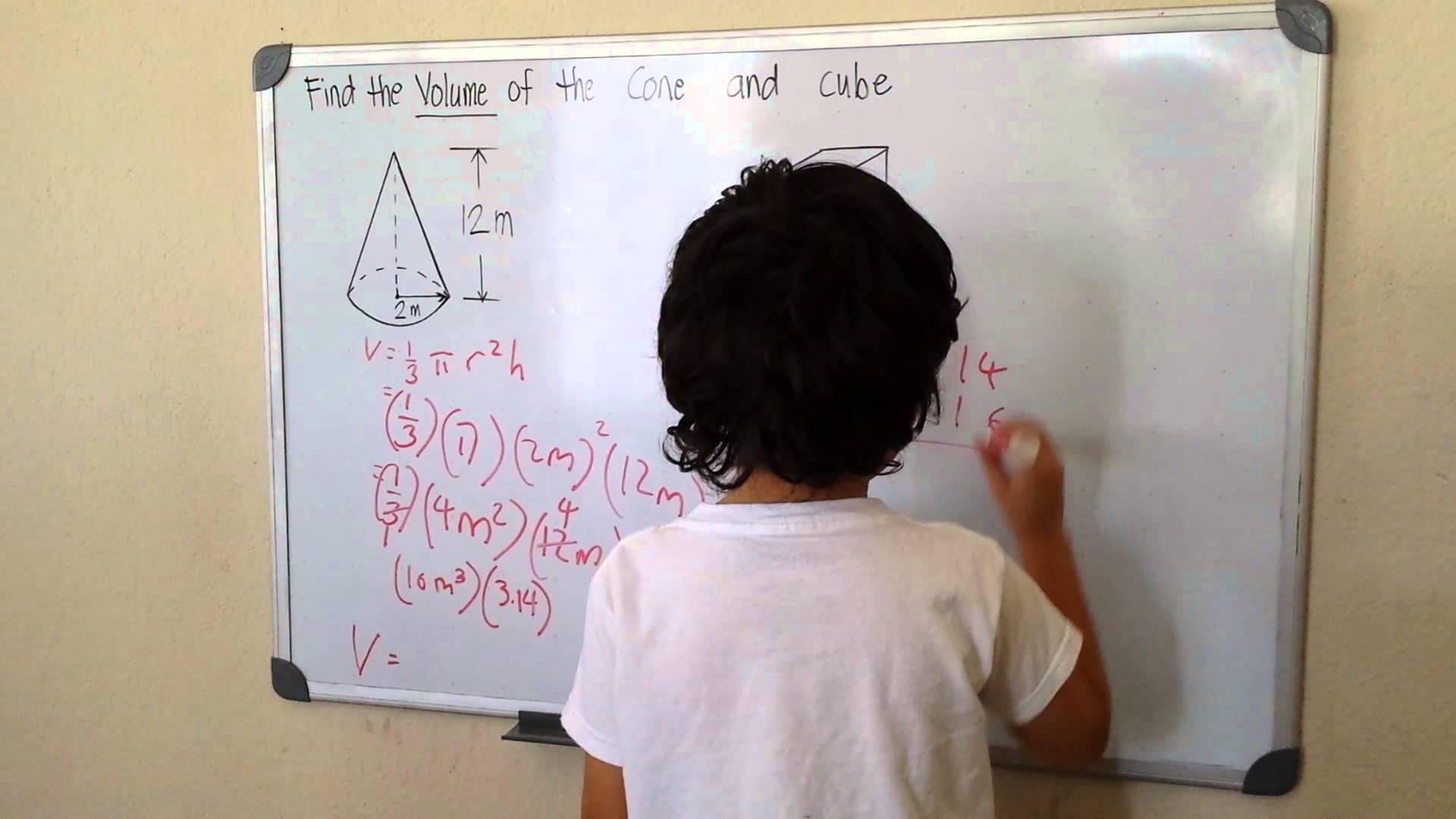It might be challenging to determine whether parenting techniques actually support learning in the high-stakes, high-pressure game of school. A positive educational experience involves more than just grades. Your youngster should ideally learn how to study, remember information, think critically, ask questions, and gain a growing sense of competence. Here are some pointers to help you get off to the proper start and maintain a positive attitude and momentum throughout the academic year. You can get all sorts of resources online to assist you as well like elementary worksheets, activity ideas, apps and fun educational games.
Process importance over product
Young children have an innate curiosity and urge to explore. They have just begun a lifelong journey to comprehend and master the environment they live in. They develop a stronger sense of mastery, competence, and self-efficacy when they reach out, fall, and then get back up. But starting in kindergarten, parents and teachers start to disrupt this procedure by discounting learning and substituting a hasty pursuit of the results. All of a sudden, extrinsic motivators like stickers, points, and grades are more valuable than intrinsic motivators like innate curiosity, competence, and self-efficacy. Unfortunately, long-term learning motivation in children is undermined by extrinsic motivators. Do you want your child to stop caring about school? Pay them for their As and serve grades as your god. Here are some suggestions for shifting kids’ priorities if you prefer that they continue to be inquisitive and hungry for mastery.
Keep report cards off of the refrigerator and social media
We can tell our children that we appreciate education all we want, but when we brag about grades and post them on the refrigerator, we are actually teaching them that grades are the most important thing. Of all, grades are what most parents are stuck with, despite the fact that they are an imperfect and partial measure of learning and what is referred to as an “extrinsic motivator,” which has been found to impede creativity and lower motivation over time, and facilitate cheating. Some schools have abandoned letter grades in favour of mastery- or standards-based evaluations, which can help parents and students concentrate on learning rather than grades. No matter what type of report card your child receives, bragging about it on social media simply encourages parental rivalry, puts them under more pressure, and teaches them that your love and approval depend on how well they do.

Consider the methodology they employed to earn that grade
We may start asking our kids questions like, “What did you do to obtain this grade?” when we focus less of our energy and emotion on the number or letter at the top of the paper. Which study methods were successful for you, and which weren’t? What will you do differently the following time?
Not backward, but ahead
When presented with a grade in NYC Charter Elementary School, whether high or low, the best question parents can pose is: How are you going to use this experience to be better next time? Because they can get caught in a negative feedback loop and get completely fixated on the statistics and grades, nervous and excessively perfectionist children benefit the most from this strategy. When we assist them in giving priority to the areas of learning they can control, we can help them refocus on the process and reduce their worry.
Goals Should Precede Grades
Setting objectives for yourself and your family is a simple approach to investing in the process. Try to do this at the start of a new season, a new school year, or the first of the month. Keep the conversation informal and relaxed. The goal of this method is to assist family learning, not to improve grades.
One of those three objectives needs to be difficult. Set some goals that push you beyond your comfort zone because unless we model emotional and intellectual bravery for our children, we have little chance of inspiring them to do the same. Take guitar, dancing, or Spanish lessons, engage in a new activity, or choose a new hobby. After all, this is how we increase our cognitive capacity and create new neural connections in our brains that can make us more powerful, intelligent, and effective learners.
Educate children on effective routines
Make mornings, chores, and homework time seem like an issue that you can all work on together. Say, “You know, mornings around here are pretty hectic, and it’s hard for everyone to remember to get out the door with everything they need,” while everyone is calm and quiet. What more ways do you believe we could improve the mornings?
Children are more inclined to follow a strategy they came up with themselves. When children are involved in developing plans, buy-in occurs most frequently, and sometimes being practical and effective is more essential than being accurate. What would your ideal morning routine entail? is a good question to try. or “What would your ideal day of school work look like?” then assist them in formulating plans to bring those aspirations to life.
Aid children in putting their systems into practice. If it’s a playbook, discuss the need to establish interim deadlines. If it’s an alarm on a virtual calendar, experiment with alternative alert sequences before a deadline. Consider how your participation in this process is similar to the training wheels on a child’s bike. We can remove the training wheels altogether as our kids get more confident in their tactics and frameworks.
Encourage self-advocacy
Children need to be encouraged to speak out, communicate their needs to adults, and confront those who are not treating them fairly, starting in the nursery. A child’s sense of self-efficacy, or the knowledge that they have the ability to regulate and change their behaviour, motivation, and surroundings, is largely developed through self-advocacy.
To make sure they are heard and understood when your kids come to you to complain about how another kid or a teacher treated them, ask what they said or did (or what they planned to say or do). Just by asking this question, you can encourage kids to reframe the situation and evaluate their own options for change.











